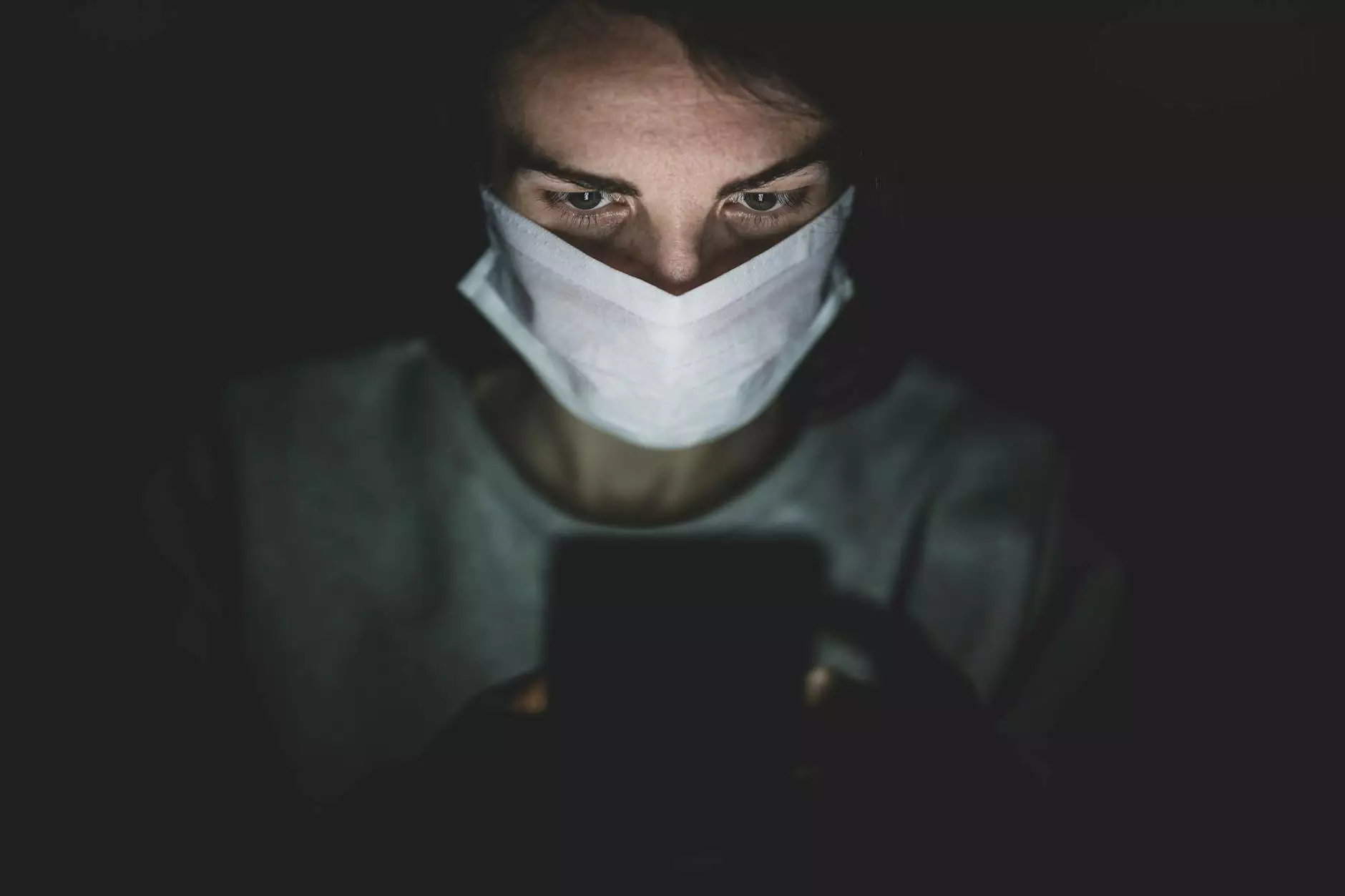Scabs: Symptoms, Causes, and Treatments - Healthgrades
Services
Introduction
Welcome to the informative page on scabs: their symptoms, causes, and treatment options. Benjamin Shettell, MD, a trusted healthcare professional specializing in skin, hair, and nails, is dedicated to providing comprehensive care and expert guidance for various dermatological conditions.
Understanding Scabs
A scab is a natural part of the healing process when the skin is injured or damaged. It forms a protective crust over the wound, guarding against infection and allowing new skin cells to develop underneath. Scabs usually appear as dry, rough, and dark-colored patches on the skin's surface.
Symptoms of Scabs
Common symptoms associated with scabs include:
- Presence of a dry, hard crust over the wound
- Pain or tenderness around the scab
- Itchiness or a tingling sensation
- Slight bleeding when the scab is accidentally removed
Causes of Scabs
Scabs can develop due to a variety of reasons, including:
- Injury or trauma to the skin, such as cuts, scratches, or burns
- Insect bites or stings
- Underlying skin conditions like eczema or psoriasis
- Allergic reactions
- Infections, including bacterial, fungal, or viral
- Certain medical procedures, such as surgeries or biopsies
Treatment Options
Effective management of scabs typically involves:
1. Keeping the Wound Clean
Proper hygiene is essential in preventing infections and promoting healing. It is important to gently cleanse the affected area with mild soap and warm water, avoiding harsh scrubbing that could disrupt the scab formation.
2. Applying Moisturizers
Using topical moisturizers can help prevent scabs from becoming excessively dry and itchy. Look for products containing ingredients like aloe vera, shea butter, or chamomile extracts, known for their soothing properties.
3. Avoiding Picking or Scratching
While it may be tempting, avoid picking or scratching scabs, as this can prolong the healing process and increase the risk of infection. Keeping the area covered or using bandages can serve as a helpful reminder.
4. Over-the-Counter Medications
For pain relief and to reduce inflammation, over-the-counter medications like ibuprofen or acetaminophen can be utilized with caution and following the instructions provided.
5. Seeking Medical Attention
If scabs are persistent, accompanied by severe pain, or show signs of infection, it is advisable to consult with Benjamin Shettell, MD. As a healthcare professional with extensive experience, Dr. Shettell can provide a comprehensive evaluation and recommend specific treatment options tailored to your needs.
Conclusion
In summary, scabs are a natural part of the healing process and help protect wounds from infection. While they can be bothersome, understanding the symptoms, causes, and treatment options can assist in minimizing discomfort and promoting speedy recovery. Benjamin Shettell, MD, as a dedicated healthcare provider specializing in skin, hair, and nails, is committed to providing superior care and ensuring optimal outcomes for all patients.




